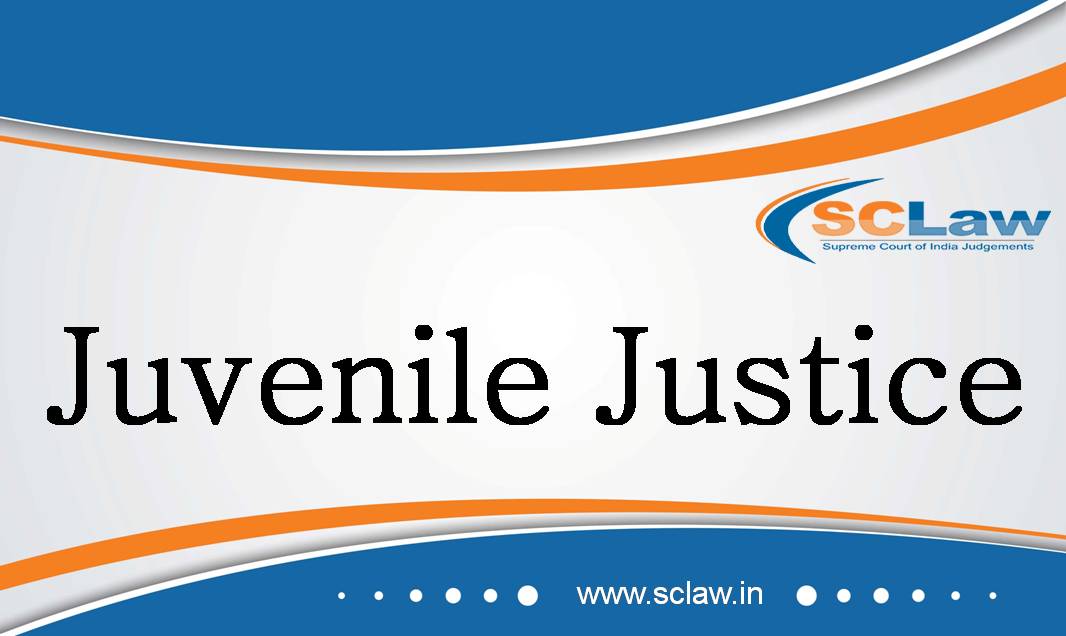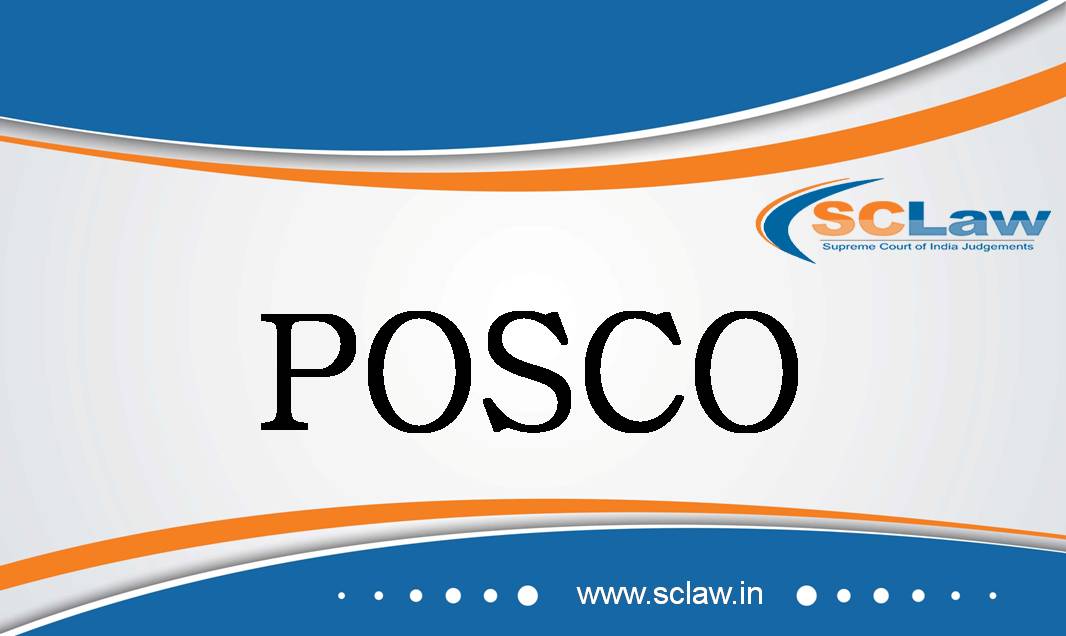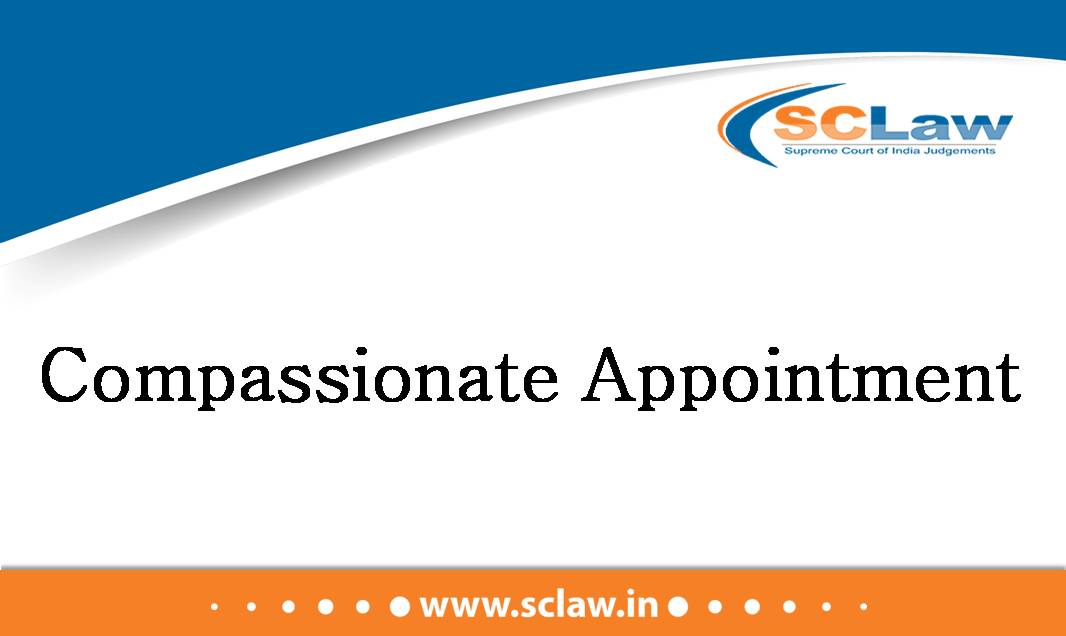Motor Vehicles Act, 1988 – Section 168 – Motor Accident Death – Enhancement of compensation – Determination of future economic loss – In case deceased who was not serving at the time of death and had no income at the time of death, their legal heirs shall also be entitled to future prospects by adding future rise in income –
SUPREME COURT OF INDIA DIVISION BENCH SMT. MEENA PAWAIA AND OTHERS — Appellant Vs. ASHRAF ALI AND OTHERS — Respondent ( Before : M.R. Shah and Sanjiv Khanna, JJ. )…







